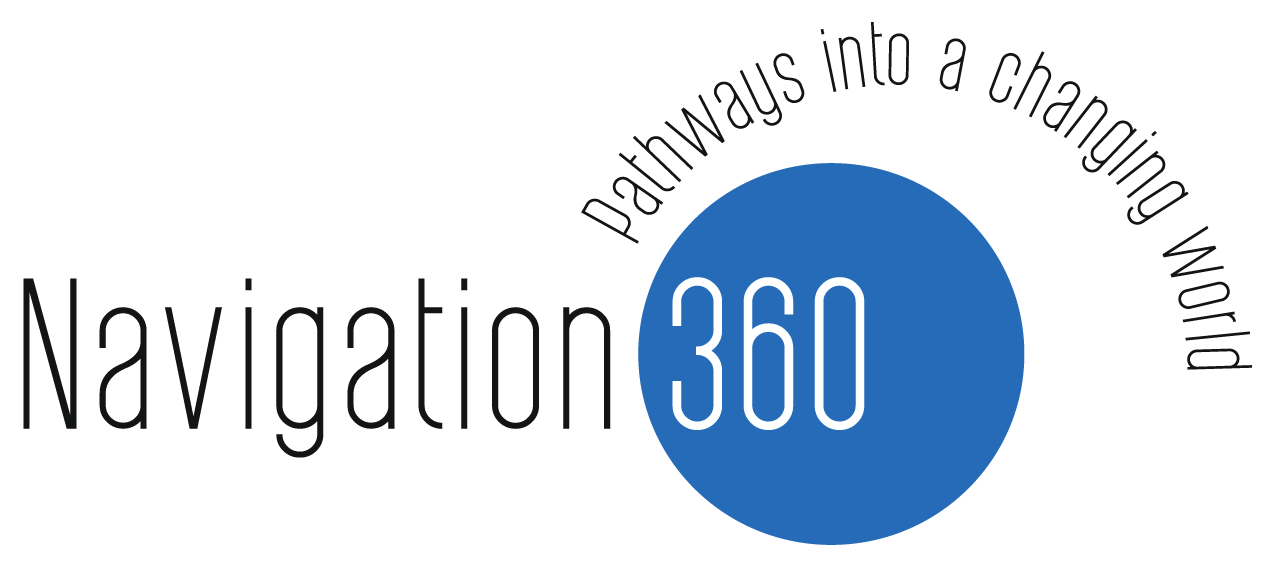Risk management has gained ever greater prominence in the aid sector. Is it fueling an atmosphere of fear where risk avoidance or ever stronger attempts to control risk become an obstacle for achieving aid objectives in contexts that are becoming more complex and unpredictable?
Drawing also on recent reports, this working paper recommends that, first, we need to be very specific what risk we are talking about. Then we can articulate our general organisational appetite for different types of risk. If risk reduction does not become the mission and purpose of our organisation, but a means to pursue our mission in challenging circumstances, then for every specific action in a given context, we need to weigh risks against potential benefits. Sometimes we may decide to exceed our general appetite for a certain risk – where we think it is worth it. ‘Risk reward’, the positive benefits from taking a calculated risk, need to be part of our vocabulary and decision-making.
Where we collaborate with others in pursuit of certain objectives, we also need to consider the risk for them – and recognise that our ego-centric measures to reduce risk for us may actually increase certain risks for them. A shared objective requires shared risk.
To do all this, we need to control also for subjective factors that influence risk perception: distance versus proximity where much more information is available; prejudicial negative narratives about certain actors like governmental authorities and national/local CSOs; and the inclinations of individual staff members which can vary significantly and break any organisational consistency.
Last but not least, the way the international aid sector functions, with regard to risk but with its fragmentation, incentives for competition, tendency to dominate the decision-making in other societies etc. leads to negative consequences which, seen from a longer-term perspective, are not desirable. These too now need to be included in risk matrices and risk management. FOR AN IN-DEPTH LOOK AT ALL THIS, SEE THE GMI 2022 WORKING PAPER ON THE WEBPAGE: RESOURCES
Street Address
City, State, Zip
Phone Number
Your Custom Text Here

